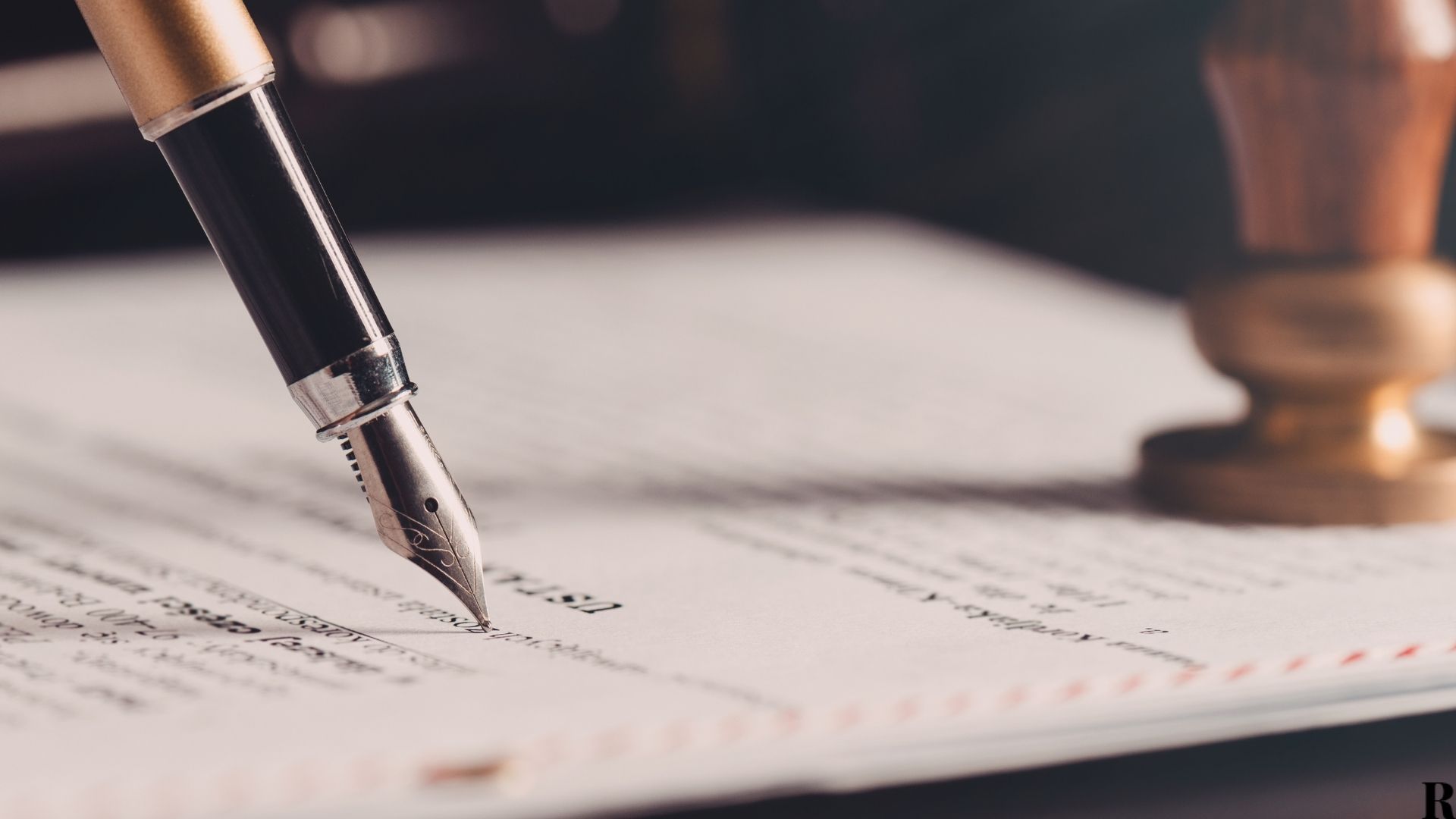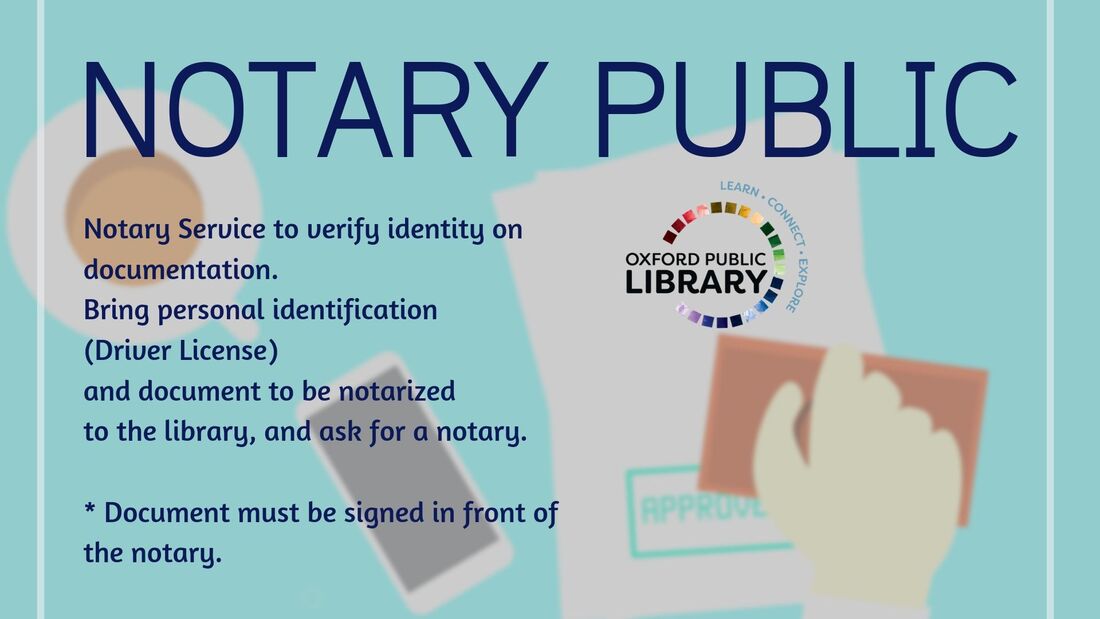DIRCO Regulations Demystified: A Guide to Diplomatic Protocol
Debunking Notarial Job: Streamlining the Function and Importance of Notaries
Their duty, typically shrouded in secret for several, brings considerable weight in guaranteeing the credibility and stability of important files. By unwinding the intricacies bordering notarial techniques and dropping light on the significance of their acts, a more clear understanding emerges of the vital duty notaries play in supporting the material of legal and lawful agreements.
The History of Notarial Job
The background of notarial work days back to old civilizations, where scribes played an essential duty in tape-recording crucial details and validating files. This led to the development of notaries, individuals designated by the state to act as unbiased witnesses in lawful matters.
Throughout the Middle Ages, notaries obtained prominence in Europe, with their features expanding to consist of drafting legal papers, accrediting trademarks, and protecting documents. The surge of international profession further stressed the relevance of notarial work in verifying contracts and contracts throughout boundaries.
In the modern-day era, notaries continue to play a crucial duty in lawful and business deals by validating identities, validating the credibility of records, and avoiding fraudulence. Their function in licensing the credibility of contracts adds a layer of protection and trust fund to the ever-evolving landscape of business and law.

Tasks and Duties of Notaries
Notaries play an important role in confirming the credibility of papers and the identification of notaries. One of their primary duties is to witness the signing of important files, such as actions, wills, and agreements, to make sure that all events are getting in into arrangements knowingly and willingly.
They accredit duplicates of initial documents, providing assurance to organizations that the copies are true reproductions of the originals. Overall, the tasks and obligations of notaries are essential in protecting the integrity and legality of numerous files and deals - Conveyancer.
Notarial Certificates and Signatures
Exhibiting thorough attention to detail, notarial certificates and signatures serve as important parts in confirming the authenticity of legal records. Notarial certifications commonly include crucial information such as the date of notarization, the names of the notaries, a summary of the paper, and the notary's main seal. These certificates offer a clear record of the notarial act, making certain that the file can be conveniently identified and traced back to the notary who looked after the procedure.
Trademarks play a crucial duty in notarial job, as they indicate the arrangement and consent of the events included. Notaries carefully witness the signing of documents to verify the identity of the signatures and verify that they are signing of their own free will. By affixing their main seal and signature to the record, notaries accredit that the needed treatments have been adhered to which the file is valid and enforceable.
In essence, notarial certificates and signatures are the characteristic of credibility in lawful transactions, giving assurance to all parties involved that the papers are reputable and binding.
Significance of Notarial Acts

Registration Refine Explained
Explaining the registration process provides quality on the essential actions involved in validating legal documents. The notarization process normally starts with the private presenting the record to a notary public. The notary then verifies the endorser's identification with appropriate identification methods. Once the identification is confirmed, the notary ensures that the specific authorizing the document does so willingly and without any type of coercion.

Final Thought

Notarial certificates generally consist of crucial information such as the date of registration, the names of the signatures, a description of the file, and the notary's official seal. These certifications supply a clear document of the notarial act, ensuring that the file can be easily identified and mapped back to the notary who managed the procedure.
By attaching their main seal and trademark to the document, notaries certify that the needed procedures have been followed and that the file is valid and enforceable.
By validating straight from the source the identification of the signatories, confirming their readiness to get in right into the agreement, and licensing the date and area of the finalizing, notaries play a crucial role in maintaining the legitimacy of lawful records.After the Visit This Link record is signed, the notary will affix their main seal or stamp onto the record.